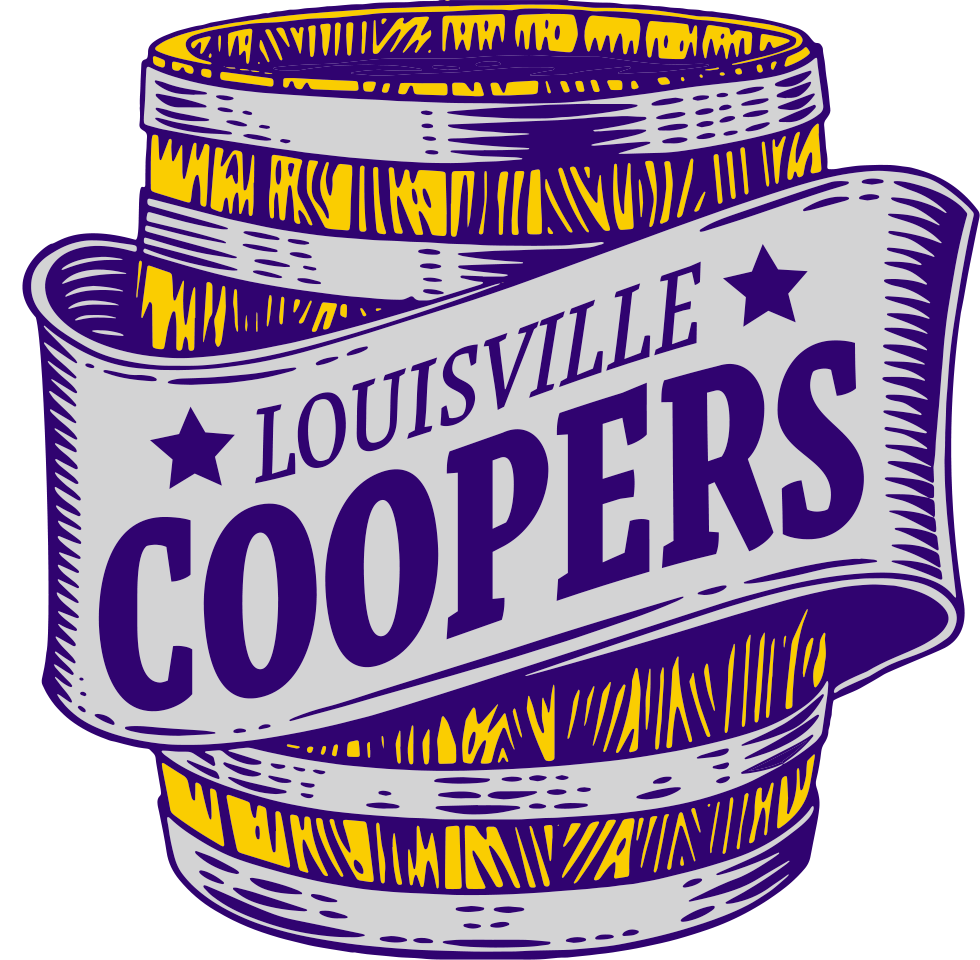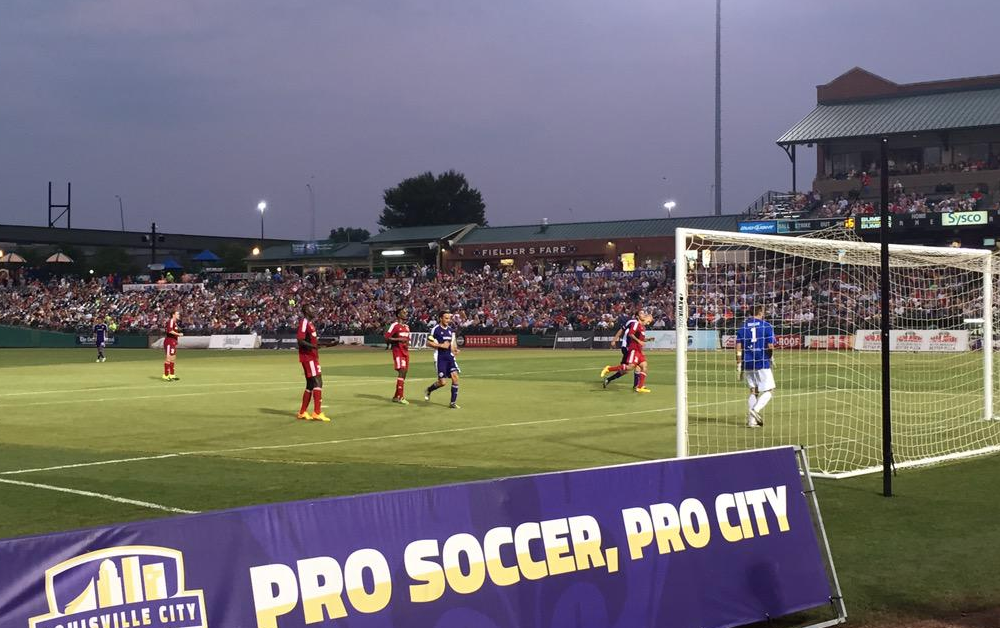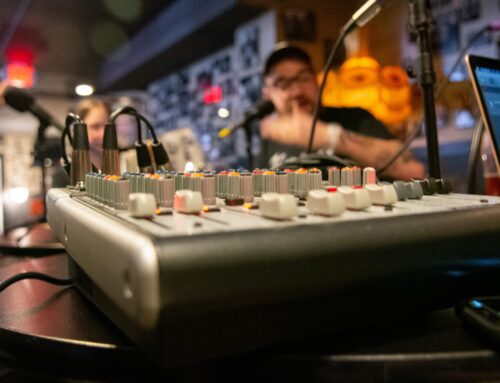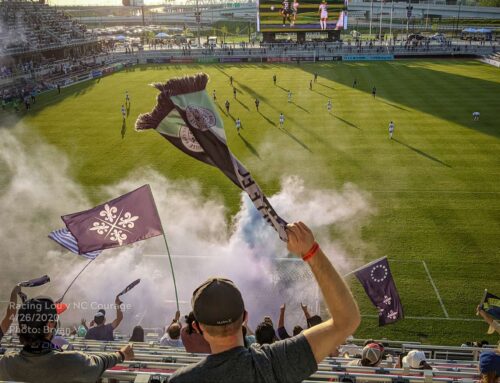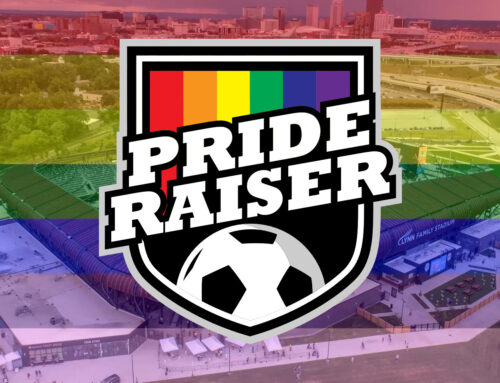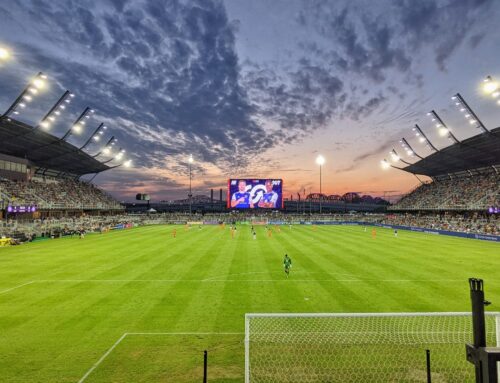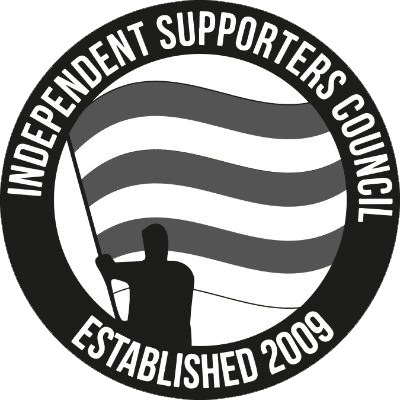NOTE: For those that don’t speak Internet, IMHO means “in my honest opinion.” That means these are my opinions. They might not be those of the rest of Coopers leadership. Who knows if they’re shared by the club itself. You’ve been warned. Yay!
The Courier-Journal’s Jonathan Lintner let it drop today that Wayne Estopinal, Louisville City’s principal owner, will meet with Louisville Metro Mayor Greg Fischer soon to talk about a permanent home for our favorite purple USL team. A few facts before we dive into the meat of what all this means:
- Since Louisville City was even an idea. Wayne Estopinal has been in contact with Metro Government concerning a soccer-specific stadium, so this isn’t necessarily new.
- In response, Mayor Fischer let it be known that if Louisville City meets certain attendance thresholds (rumored to be 3,500 in year one, then 4,500 and 5,500 in years 2 and 3 LOL), then Metro Government would be willing to work with the club in some capacity to help with a stadium of their own.
- Estopinal has said publicly that it costs the club about $20,000-25,000 to play a game at Slugger Field, and it should be noted that Louisville City doesn’t see a dime from parking, concession or alcohol sales at games.
- City’s only sources of revenue while at Slugger are ticket sales, merchandise sales (hello $95 jersey), jersey sponsors, and the ads that you see on those PVC-piped triangle tubes things around the touchlines at games. The rest of the ads in the stadium are for the Bats.
- Having their own stadium means that the club would be in control of when it could use said ground, as well as adding some important revenue streams from concessions, alcohol sales, parking, stadium naming rights, in-stadium advertising, and using the facility to host non-LCFC events like concerts or youth tournaments or *GASP* a National Team game depending on how big it is or could become. It would in turn mean more money for the club to spend on players, a development academy (if that’s in their plans) (and it should be), and potentially attracting other investors who like a profitable product in the sports market.
All that out of the way, here’s what I think about all this. The club has far exceeded my expectations on and off the field since the season started. I never would have guessed that we’d be hitting the attendance numbers we have, or generating the positive buzz that we have, and that we’d have a chance to play in the post-season, much less host a playoff game. Part of that is due to the fact that Slugger Field is an awesome location. It’s in the middle of an ever-more lively downtown scene, there’s plenty of great places to hang out around the stadium before and after the games, and parking isn’t a nightmare.
That said, having spoken with Estopinal about this matter in the past, the club can’t be profitable at Slugger. At least not with the current lease. Unless the Bats go out of business, they have no reason to change any of the terms of the lopsided sublease with Louisville City. None. They’re making money hand over fist for a product they don’t even create. It’s a great gig for the Bats.
If we want the team to survive, there either needs to be a substantial change in the lease terms, which I don’t see happening, or the team needs its own stadium. It’s at this point that opinion will split a bit.
First, what kind of help will the club be getting from Metro Government? If I had to guess, the assistance that Metro Government is offering on this point is free or exceedingly cheaply leased land. I kind of hope that’s all they offer, because if we’ve learned anything about publicly financed sports stadia from the Yum! Center, it’s that it typically doesn’t work out for John Q. Taxpayer. Louisville Metro barely maintains the things it already owns; I’d prefer that it didn’t toss cash at a building that it doesn’t, no matter how much I love LCFC. Not to mention that most people would agree that Metro’s development dollars should probably be spent west of 9th Street. The point is that people aren’t going to be very happy if Louisville Metro offers taxpayer money to build a stadium for a privately owned sports club, and I can’t say I would disagree with that sentiment. Handing over (or cheaply leasing over) some land, though, would be okay with me because it doesn’t cost Metro anything.
Which gets us to location. The first three rules of real estate, and, by extension, marketing, is location, location, location. Where this supposed stadium should go is vitally important. Ask Chicago Fire fans how much they dread going to watch their team over an hour away in Bridgeview, Illinois, or Rochester fans about their not-so-great situation with Sahlen’s Stadium and you’ll know a bad spot can kill a team. Location matters. So where should a new stadium for Louisville City be located?
This is my favorite part: RAMPANT SPECULATION! To narrow down the possibilities, I ran a search through the Kentucky Cabinet of Economic Development for Metro-owned properties at least 3 acres in size. 3 acres is an arbitrary number, but I figured it would eliminate the swaths of vacant lots Metro owns in the West End. And I was right! The list went from thousands to six. Of those six, only two are inside the Watterson Expressway: The Interstate Business Park, a vacant 24 acre tract on 30th Street bordered by Muhammad Ali Boulevard to the south and Market Street to the north; and the old River Road Country Club spot, 16 acres starting at the corner of Zorn and River Roads near the Water Tower. Both sites are shovel ready, have easy access to interstate transport, and are already serviced by both LG&E and MSD/Louisville Water.
If I had to guess, Estopinal wants the River Road site. It’s almost across Zorn Avenue from Mockingbird Valley Soccer Club, which he and other partners own. It’s already mostly flat, easily accessible from I-71, and ideal for building a stadium with plenty of parking with ample room left for training fields for development and academy teams, assuming that’s part of the club’s long term vision. No, there isn’t a hopping bar or food scene nearby, but the office parks across River Road are mostly vacant and if that ends up being the spot, I’m opening a bar in one of those spaces ASAP. It’s also the more attractive spot in terms of “will our fans come here to watch games?”
30th and Market doesn’t quite bring that same appeal. Mention “West End at night” to most people in Louisville and you won’t get a positive reaction from most people, fair or unfair. What it does represent, though, is an opportunity to invest in an area of town that doesn’t get much attention, as well as a chance to perhaps spark some local interest in soccer that is usually reserved for basketball and football. There are also eight more available acres than the River Road site.
If we’re being honest with ourselves, unless a tornado levels about three blocks near Baxter Avenue and Bardstown Road and doesn’t hit anything else, there’s no place in Jefferson County that will be just like Slugger and its nearby amenities. Chances are high the old River Road CC spot is where the new stadium will be, if they get it. Start your tailgating plans now.
OTHER NEWS:
Just quickly, another USL team for 2016 was announced on Wednesday. The team will be owned and operated by the moribund Philadelphia Union, and will play at Lehigh University in Bethlehem, Pennsylvania. Fans are going to be allowed to vote on the team name and colors, among other things, which probably means we see the return of Bethlehem Steel FC to American soccer. It also probably means the end of Harrisburg City Islanders, whose present stadium situation is untenable. Unless HCI gets some kind of help from the Pennsylvania state legislature for a stadium, that team will likely fold or move. Bummer.
